The Problem with Youth Baseball in America

The summer is normally taken over by one sport. It’s not basketball, football, or hockey.
It’s baseball.
From the time a child hits the second grade until, really, whenever he chooses to, summers are spent in the outfield grass catching fly balls or taking bad hops in the infield.
But who do they play for? Kids don’t really have much of an option anymore.
In the past, cities across the nation fielded their own leagues, where, essentially, a draft process was put into place. Kids got to play with other kids they didn’t know, and friendships were made. Coaches were normally high school or college players that genuinely yearned to see improvement in their kids. Parents dropped their kid off at the ballpark for an hour or two, and returned when they are done.
Fast forward to the present day. Parents get involved. Families pay ridiculous amounts of money to play in a “10-and-under AAAAA state quarterfinal qualifier”. Super teams are built with some of the best players in the area.
“Youth baseball today isn’t like it used to be,” Cotter athletic director Shane Hedeen said. Hedeen hails from Cannon Falls, Minnesota, where players from the community were divided into teams to play against each other. “Things today are disjointed and discombobulated all over the country. Parents try to combine these ‘dream teams’ and pay a lot of money to go to ‘state’.”
Players are starting to travel farther at a younger age.
“A Division I kid is going to be a Division I kid no matter where he plays,” Hedeen said. “Every year, you see these kids go to showcases and get training. Unfortunately, it’s all a money game. These coaches will tell their kid ‘Hey! You’re doing great.’ But it’s so they come back. It’s a real shame.”
One of the most popular articles on youth baseball and the presence of adults was written by Mike Matheny, the manger for the St. Louis Cardinals of Major League Baseball.
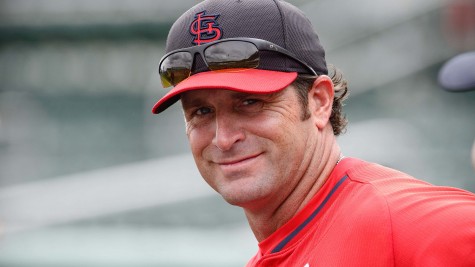
St. Louis Cardinals manager Mike Matheny (22) watches his team take batting practice before the game between the Boston Red Sox and the Cardinals at JetBlue Park.
“If you think that yelling (even encouraging words) and mechanical instructions are helping your child, the odds are that you are making it more difficult, and more stressful for them. They have the rest of their lives to learn about pressure and stress. Let them have fun,” Matheny wrote.
Matheny is right. Parental involvement in youth sports has gotten out of control, especially in baseball. Parents scream at umpires, complain about balls and strikes, and often coach from the stands.
“The parent should have a supportive and encouraging role,” said Cotter head baseball coach Nick Whaley. “Parents should encourage their kids to have fun, to be supportive of each other. It’s really a parent role. Encourage them to do their best, help them to grow through inevitable mistakes that come through baseball.”
“Baseball is, first, about trying to lessen the opportunity for failure through preparation. When the inevitable failure happens, we must learn from it, grow from it, and move on,” Whaley added.
“I found myself walking away from all the crybaby parents in the stands, just to get away from all the negative talk,” Mike Webb, a parent at Newbury Park High School in California, said. Webb contributed to a complete article regarding parent participation which can be found here. “It became about ex-jocks having a visceral experience through their kids. High school sports isn’t supposed to be like that.”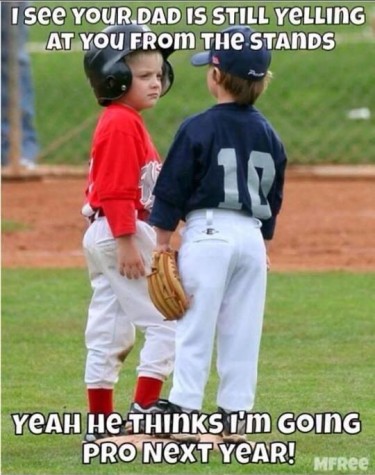
In America, we have lost the complete point of what sports, jobs, and families are all about. It’s not about getting things our way all the time. The strike zone will always widen and shrink. We’ll always meet a pitcher with a nasty 12-6 curveball. There are some things that are out of our control, and that’s one of the important lessons athletics has to offer. No amount of money, collusion, or complaining will fulfill those lessons. Every person, whether a kid in a chemistry lab, a desk, or a baseball diamond, only has one childhood to be whatever they want to be without total parental control.
Let kids be kids.


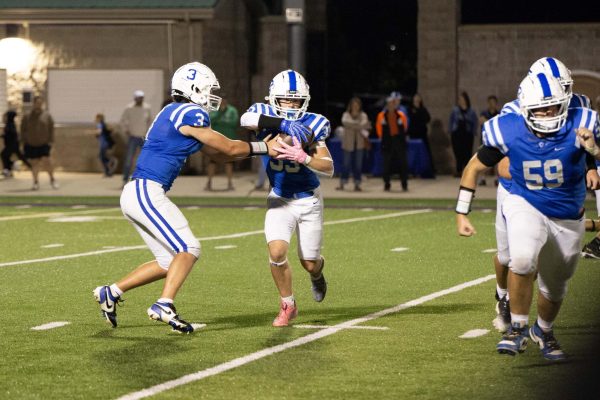
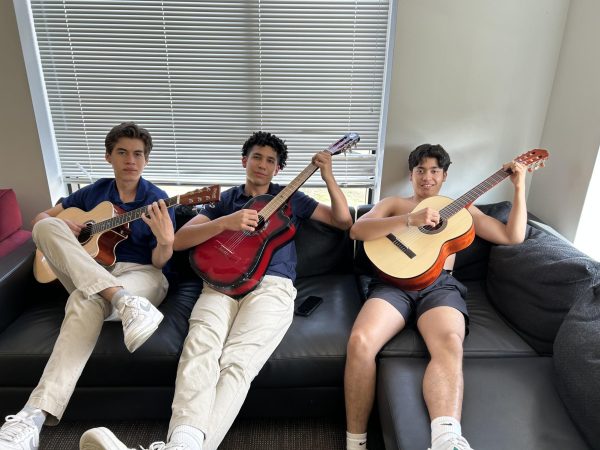
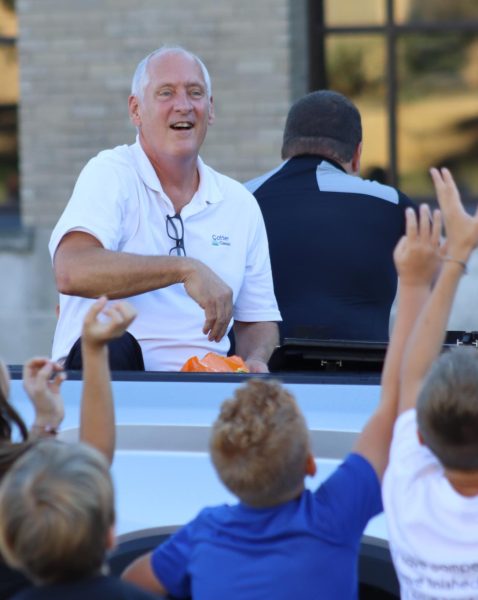
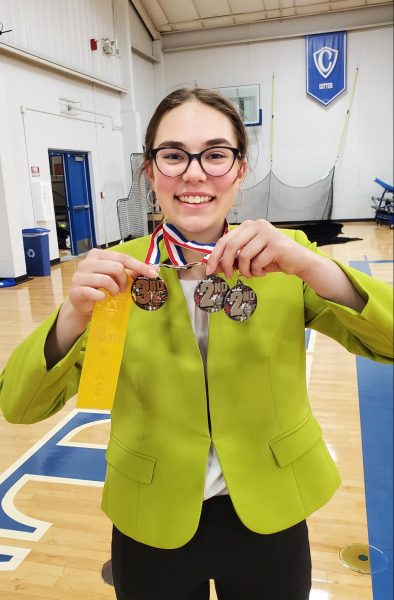

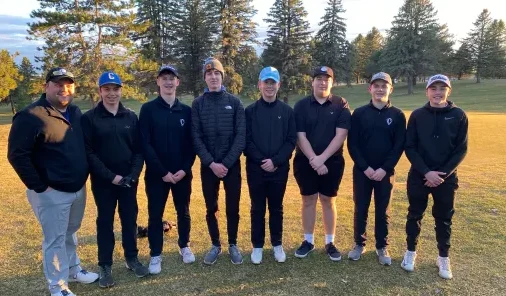

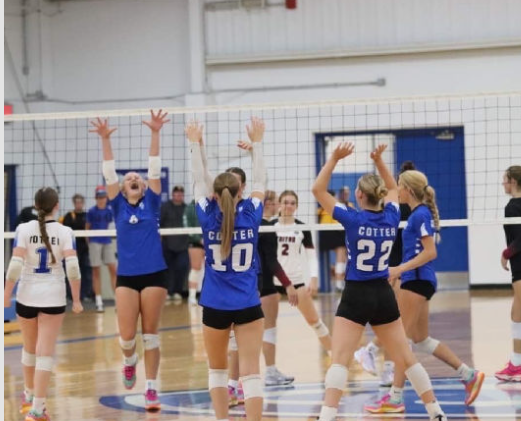
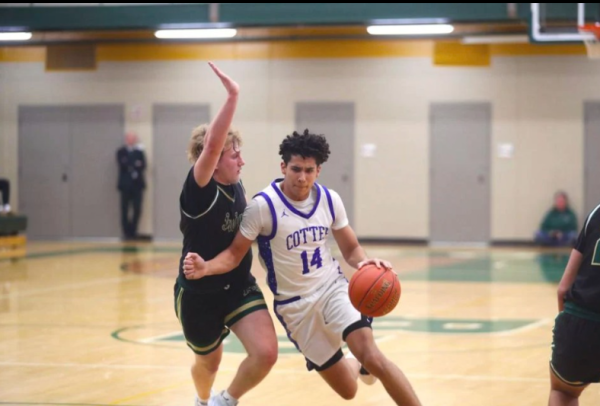
Ashley McBroom • Apr 23, 2019 at 4:52 pm
I couldn’t agree more. Very well said.